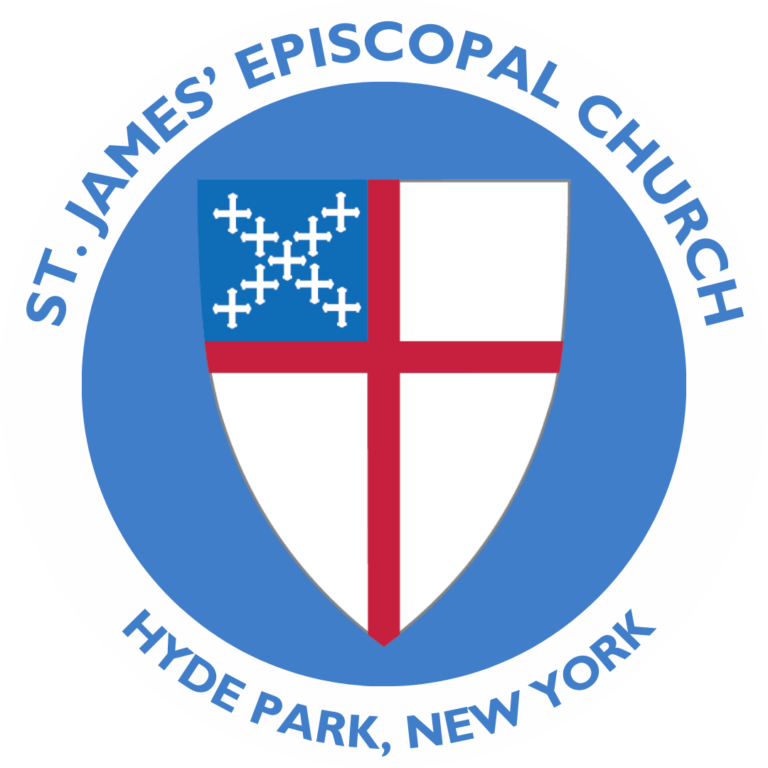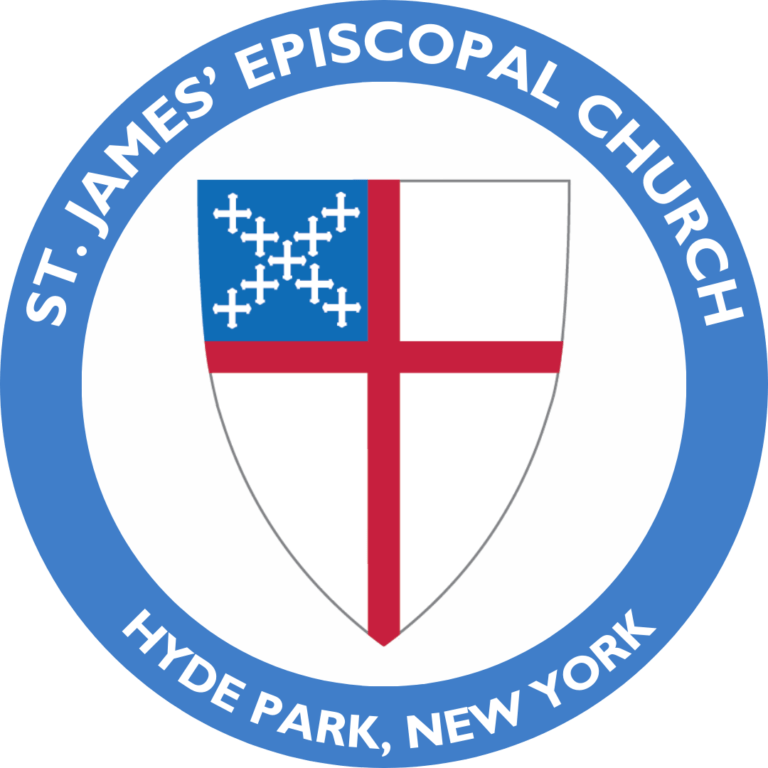
If your baptism has been registered in the Episcopal Church, you are considered a baptized member. If you are 16 years of age or older, you are considered an adult member. It is expected that all adult members of the Episcopal Church will be confirmed or received at some point.
What is Confirmation?
Confirmation is a sacrament. That means it is an outward and visible sign of God’s inward and spiritual grace. Like Baptism, there is not magic in it – but there is power. The power of Confirmation is that people who have been baptized, especially as infants or children now have an opportunity to make a public confession and commitment to Christ as member of the Christian faith. In this sacrament, we are strengthened by the Holy Spirit for service to Christ and his church. In the Episcopal Church, it is required that a bishop officiate at Confirmation. The bishop lays hands on the confirmed during public worship as a symbol of support for their spiritual journey.
When do we have Confirmation?
Because Confirmation is only administered by a bishop, it is held only the bishop is present. In the Diocese of New York, the bishop comes to most churches every other year. At St. James’, that is usually in November or December of even-numbered years.
What age should a person be for Confirmation?
In general, the minimum age for Confirmation is 16. There are exceptions, but the candidate for Confirmation (not their parent) must speak directly with the rector to explain their reasons for wanting to be confirmed.
What is the difference between Confirmation, Reception, and Reaffirmation?
Confirmation is “a mature and public affirmation of faith and commitment to the responsibilities of Baptism.” (BCP)
Reception is common for people who have been members of a denomination in Apostolic Succession who now wish to become Episcopalians.
Reaffirmation is for people who have already been confirmed in the Episcopal Church. These might be people who have been away from the church for a while and want to make a new beginning. Others might be people who sense that they are at a new stage in the spiritual life and want to affirm this in ritual.
How do I get Confirmed?
The first step is always to meet with the rector and express your desire to be confirmed. The next step is to register for Inquirers Classes. These classes usually meet weekly for several months and cover topics such as basic theology, scripture, liturgy, church history, and church structure. There are typically about twenty classes. In addition, there may be essays. Candidates for Confirmation are also required to participate in at least one worship-oriented ministry and be regular in their worship attendance. Other activities such as a field trip and a retreat are to be expected. These classes and events are designed to equip you to make a mature decision about whether or not Confirmation is for you and how you will live out your faith.
If you are interested in being Confirmed, contact the rector for more information.
I was Confirmed in another Christian denomination. Do I need to be “re-Confirmed”?
That depends. If you were confirmed in a church that is in Apostolic Succession, then you do not need to be Confirmed. Apostolic Succession refers to churches that have maintained the three-fold orders of Bishop, Priest, and Deacon, in direct descent through the laying on of hands all the way down from the original apostles.
Most Protestant churches are not in Apostolic Succession, but Roman Catholic, Evangelical Lutheran Church of America, and the Orthodox churches are. If you belonged to a denomination that is not in Apostolic Succession, then you must be Confirmed in the Episcopal Church to become a full member of the church.
If, however, you have been Confirmed in the Roman Catholic Church or Evangelical Lutheran Church (ELCA), you may choose to be “received” by the bishop instead. This is because the Episcopal Church recognizes that the bishops in these churches have valid Apostolic Succession dating back to the time of the Apostles, and that Confirmations performed in these churches are considered valid. You will, however, still need to go through the Inquirers Classes.
I want to be Confirmed, but I can’t make the classes. What can I do?
In general, everyone should attend the Inquirers Classes. However, if this isn’t possible due to work or other valid constraints, the rector may be willing to arrange private preparation. Alternatively, there may be a way to create a program combining private preparation with attendance at some of the classes. There are options, but you should contact the rector to learn more.

